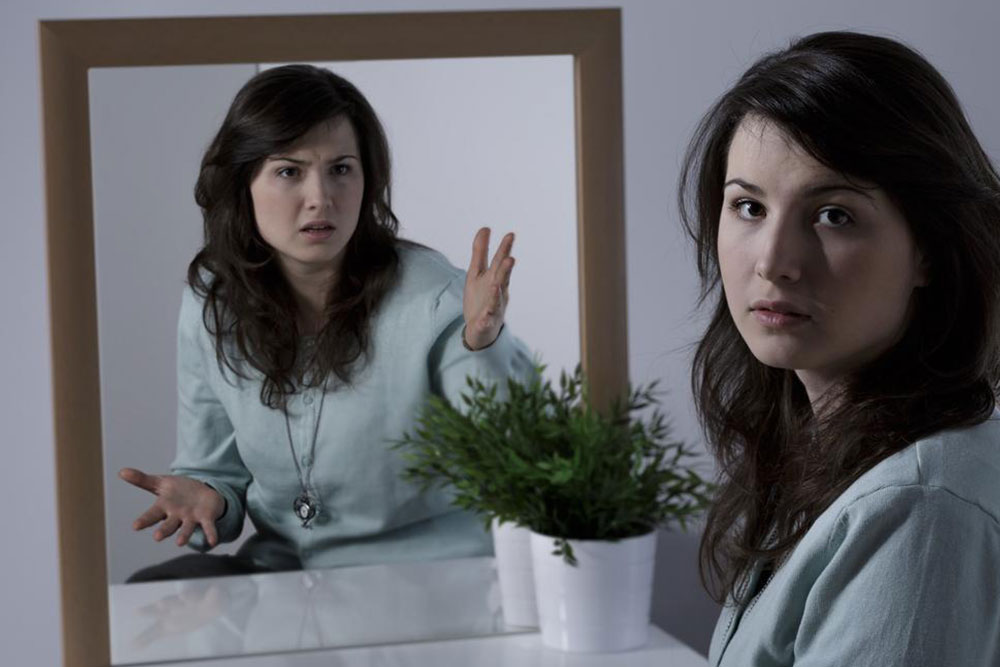Effective Strategies for Building Strong Romantic Relationships with ADHD
Living with ADHD can influence romantic relationships significantly, often leading to misunderstandings and emotional strains. Understanding neurological factors, seeking professional support, and developing effective communication are essential steps to fostering a supportive and loving partnership. This article provides comprehensive strategies for couples navigating ADHD's challenges, emphasizing patience, empathy, and mutual effort for long-term relationship success.

Understanding the Impact of ADHD on Romantic Partnerships
Managing a romantic relationship can be complex for individuals living with Attention Deficit Hyperactivity Disorder (ADHD). This neurological condition influences various aspects of daily life, including focus, memory, organization, and impulse control. These challenges often translate into specific dynamics within partnerships, affecting communication, shared responsibilities, and emotional intimacy. Partners may perceive those with ADHD as inattentive, forgetful, or overly impulsive, which can generate misunderstandings and emotional strain. Over time, these issues might lead to imbalances in responsibilities such as household chores, financial management, and childcare, potentially resulting in feelings of frustration or emotional distance.
Understanding the neurological basis of ADHD is vital for fostering a healthy relationship. ADHD is a lifelong condition characterized by difficulties with attention regulation, impulsivity, and hyperactivity. While medication and behavioral therapy can mitigate some symptoms—such as poor focus, disorganization, and forgetfulness—the real key lies in developing mutual understanding and patience. Recognizing that these behaviors are rooted in brain chemistry rather than a lack of love or effort helps partners remain empathetic and supportive. This foundation is essential for navigating the complexities of a relationship involving ADHD.
To create a resilient and fulfilling partnership, couples should consider seeking advice from mental health professionals experienced in adult ADHD. Therapy can improve communication skills, build empathy, and introduce practical strategies to manage symptoms effectively. Couples' counseling often emphasizes learning how to adapt their routines and expectations, which helps reduce misunderstandings and emotional conflicts. Additionally, developing shared routines, using organizational tools, and setting clear goals can significantly improve daily functioning and emotional connection. When both partners commit to understanding and supporting each other, the challenges posed by ADHD can become opportunities for growth and strengthened love.





